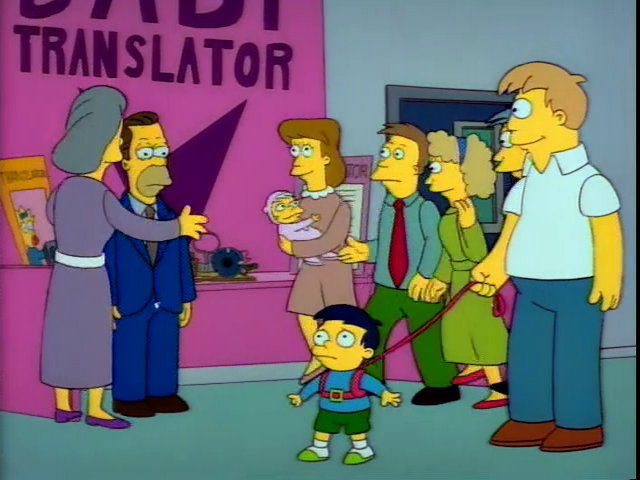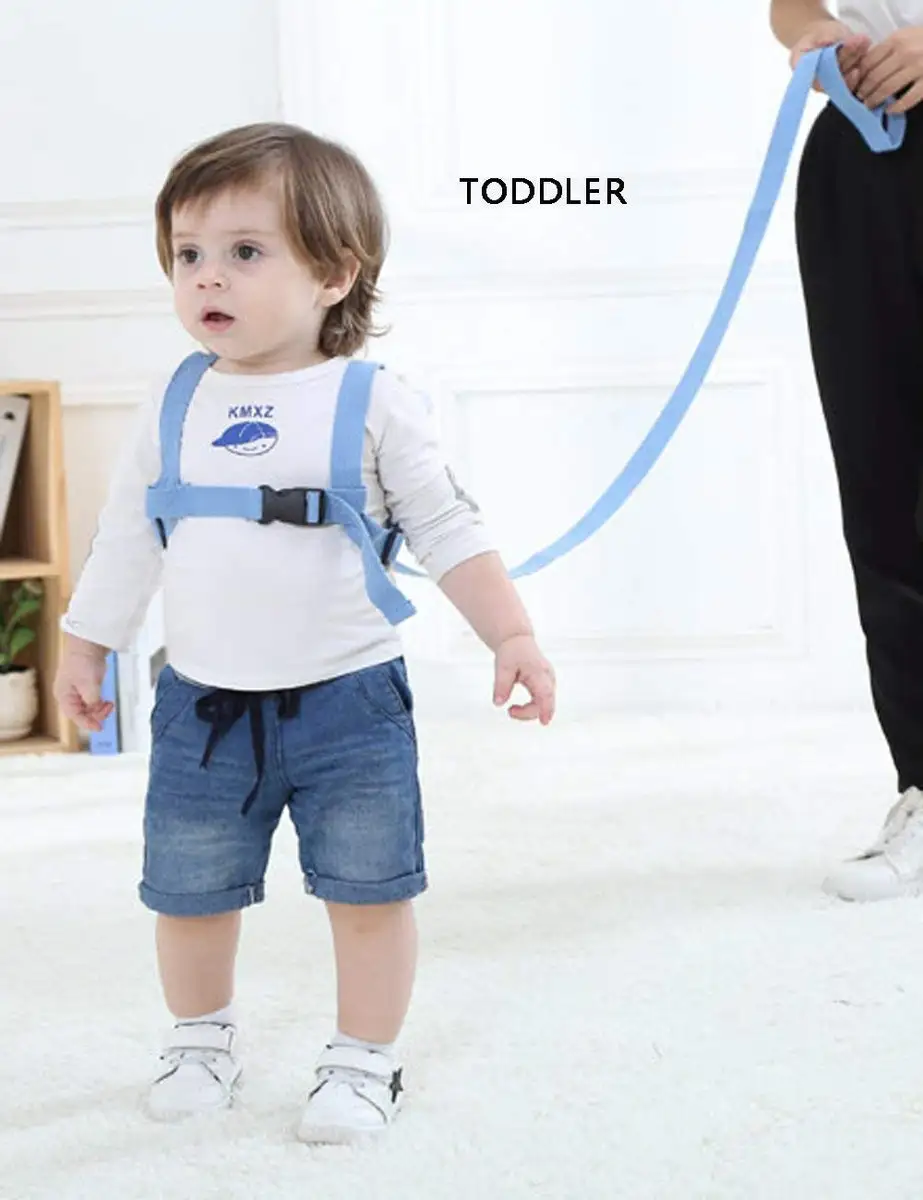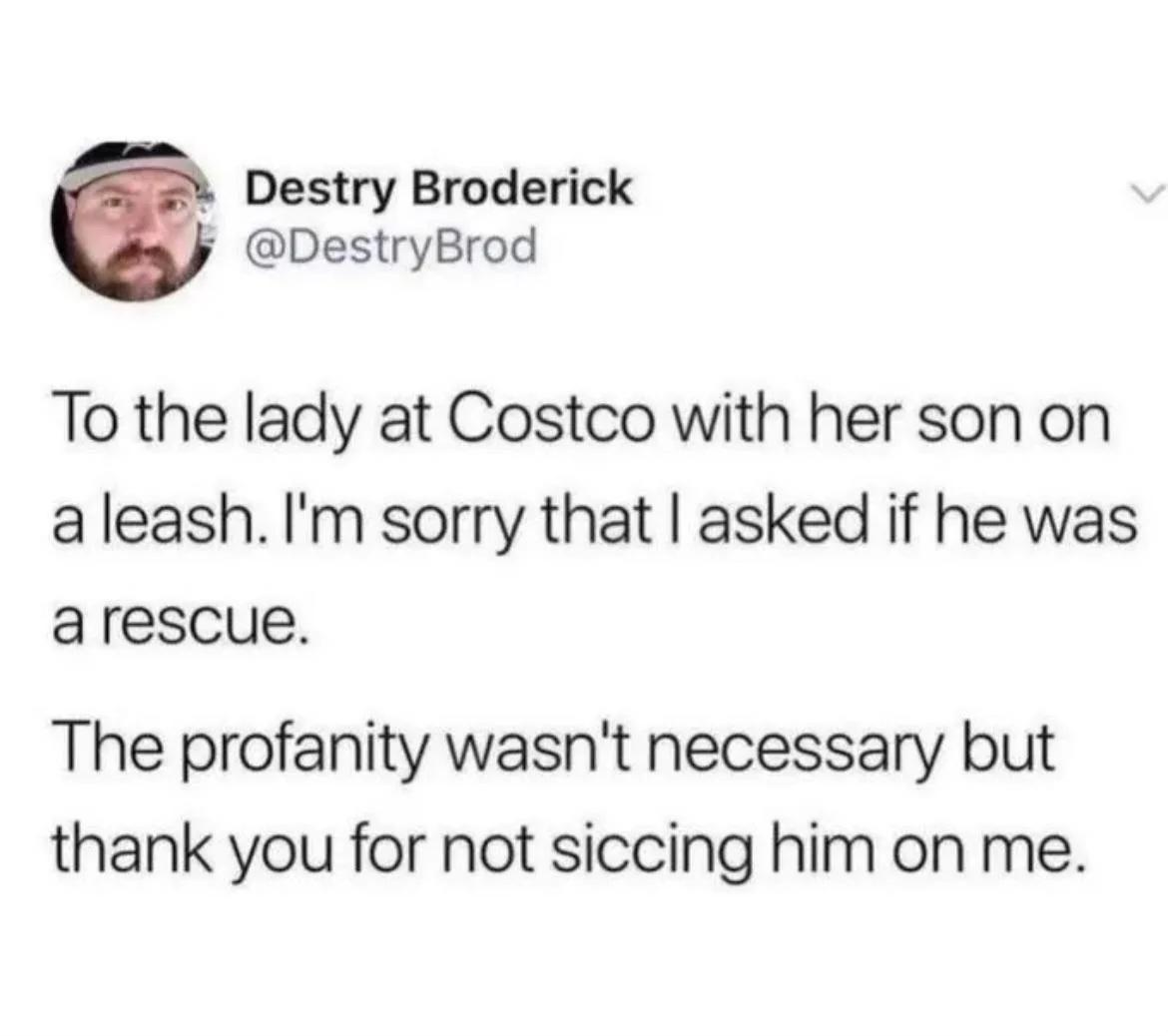How often do you take him for a walk?
-
In the '80s and earlier, corporal punishment was regular and expected. There was a push in the '90s to stop the corporal punishment.
Corporeal punishment was outlawed in Denmark by 1997, but was definitely frowned upon much earlier than that. My grandparent's generation - born in the 1920s and 1930s - was likely the last generation where it was commonly used.
I mean, our kids can be little brats as well - and our kids are also prone to run off and do dumb stuff, but apparently we handle it differently. And I am fairly certain that my initial reaction - that it's dehumanizing and humiliating - is how it comes off to almost all Nordic parents.
No, I'm explaining the timing. We went from it being acceptable to not doing it in a very short period of time. Delicious came out because parents couldn't work out any way to control their kids but a physical means.
I'm well aware that Nordic countries treat their kids with a lot more dignity and freedom than the rest of the world, some might even say to their own detriment.
One of my co-workers expatriated to Sweden for a few years. There were tweens just hopping on the bus and going to the museum miles away. But I get the feeling that one could trust the average Swede would prevent harm to a child from a pedophile.
Leashes in the US were a symptom of a brisk change in society with relatively little information on how to perform it. They definitely existed.
-
There are kids with behavioural issues or kids on the spectrum, it doesn’t mean they or the parents are bad people. I never agreed with the kid leash and still don’t use it but after 3 years with an autistic toddler, I don’t blame anyone for using them. Would you rather that child be running lose or running circles around you? Don’t criticize people’s parenting, especially if you don’t know their situation or have never raised a special needs child.
It gave us a little peace of mind when our autistic child was a toddler. He had just started eloping and he was very fast and very sneaky. Holding his hand wasn't always feasible and we wanted to encourage some freedom and independence so a backpack with a tether was a good option, especially in crowded areas. He was free to explore something if it interested him but the gentle tug gave him enough physical feedback to understand that he needed to stay close to us. Now that he's older we can just verbally remind him to stay close if he starts wandering off.
-
No, I'm explaining the timing. We went from it being acceptable to not doing it in a very short period of time. Delicious came out because parents couldn't work out any way to control their kids but a physical means.
I'm well aware that Nordic countries treat their kids with a lot more dignity and freedom than the rest of the world, some might even say to their own detriment.
One of my co-workers expatriated to Sweden for a few years. There were tweens just hopping on the bus and going to the museum miles away. But I get the feeling that one could trust the average Swede would prevent harm to a child from a pedophile.
Leashes in the US were a symptom of a brisk change in society with relatively little information on how to perform it. They definitely existed.
wrote on last edited by [email protected]One of my co-workers expatriated to Sweden for a few years. There were tweens just hopping on the bus and going to the museum miles away. But I get the feeling that one could trust the average Swede would prevent harm to a child from a pedophile.
In contrast to what many people think, Nordic people are fairly strict with what kids are allowed to do when they are small. We spend a lot of time and effort to ensure that kids are well behaved and can be trusted and don't act out when they are small, and then, gradually, they are allowed more freedom as they grow older. By the time they're young teenagers we generally feel like they've demonstrated that they can be trusted and they are often allowed to bike or take the bus around town and live with a lot more freedom.
Maybe you're thinking "Duh, that's how everyone does it!", but the reason I mention it is that I've experienced that many cultures do it differenty; when the kids are young they are allowed a lot of freedom and very little responsibility, then as they grow older their parents will restrict them more and more. It's pretty much the opposite of the Nordic approach.
We're veering off course (or I am, at least), but I find the differences in parenting across cultures very fascinating.
One commenter said that the leashes are for safe toddler independence, not control, and I guess I can see that. It makes sense, even if it would be cultural taboo in my part of the world.
-
In fairness, that's why I feel like getting a leash.
Plus the oldest is 13 and at least she's responsible enough for us to look away for a few minutes and she will still be there.
wrote on last edited by [email protected]I feel like this could be an attention problem. 8 is too many kids not to have serious help keeping a family running.
Also it sounds a bit like idiocracy if they can’t learn to fucking stay near an adult. Future Darwin Award contestants maybe?
My son was shy, but he hid from us a couple times. But he was taught from as soon as he could understand that wandering from mom and dad (or uncles or grandparents) was a bad idea. But he’s also an only child and has said some pretty weirdly mature things. He scolds me for putting marker caps in my mouth and makes sure I have all relevant PPE when we’re working in the shop for instance, and he’s been doing it since he was 4-5.
-
ITT: people who doesn't have kids, doesn't interact with kids, or doesn't have to raise a particularly difficult kids, talks about raising kids.
OOP sounds like an insufferable person tbh.
As a parent of a special needs child we currently leash when attending large events (he is a flight risk) I would laugh so hard if someone asked me if he's a rescue
-
So many people on this thread are defending leashes, yet they don't exist anywhere but in the US, so...
I have never ever seen a kid leash in Denmark or any country I have visited, and yet kids here don't run around in stores acting out or disappearing.
I don't know, they seem dehumanizing and humiliating to me. If other countries can raise kids (incl kids on the spectrum) without them why can't the US?
I'm not even from US (Asian) and i see them in my country from time to time, especially in mall. Why would you find it dehumanising when it's merely something that tied to each other wrist? It's not even tied to a neck or something, it's just handholding with extra length. It sounds crazy to me that people actually dehumanising it then call it dehumanising.
-
A necklace doesn't inhibit movement but okay.
most kid leashes are on backpacks, not around the neck lol
-
This post did not contain any content.
Excuse me what the fuck? A human being on a leash like a dog?
What is this, how to destroy a child's dignity with one weird trick?
-
Excuse me what the fuck? A human being on a leash like a dog?
What is this, how to destroy a child's dignity with one weird trick?
It's usually for the kid's safety. Little kids especially run off sometimes; and while it'd be nice to be able to be a continuously attentive parent, sometimes you need to get shit done out and about while they're with you. Sometimes they're fine with just being carried or sitting in a shopping cart, but if not, a leash & harness (usually just integrated into a backpack) lets them wander safely while you take care of what you're there to do.
I don't think I've ever seen a kid older than 4 or so in one.
-
Your American mum bringing a leash over and using it on you somewhere in Europe 51 years ago hardly makes me wrong on all fronts.
Funny you would assume I'm American. You are still wrong on all fronts.
-
This post did not contain any content.wrote on last edited by [email protected]

This leash demeans us both
-
Funny you would assume I'm American. You are still wrong on all fronts.
Lemmy, like reddit, skews American and you're referring to Europe as well, Europe, which tells me you're not European. You're welcome to correct me, of course.
Even if you've seen leashes on all continents, they're definitely super rare and not common now. If you decide to be informative instead of assertive you are welcome to educate me on your experiences and expand on which fronts exactly I am wrong and why.
-
That, and streets are deadly hellscapes over there a lot of the time. Driving laws are barely enforced and infrastructure is almost like it's intended to kill anyone who dares to exist outside a car.
The most common way children under 4 are hit by cars is not on the street but in driveways followed by parking lots.
-
I'm not even from US (Asian) and i see them in my country from time to time, especially in mall. Why would you find it dehumanising when it's merely something that tied to each other wrist? It's not even tied to a neck or something, it's just handholding with extra length. It sounds crazy to me that people actually dehumanising it then call it dehumanising.
I am not referring to a string you hold, I am referring to a leash like this:

I find them dehumanizing and humiliating because they remind me of a dog leash. Look, people parent differently across the world, I remember a British-Indian comedian who was married to a Dane who said that every parenting practice she regarded as healthy and appropriate was basically illegal in Denmark.
The leash will never not be weird to me, but it is what it is. I don't think everyone who uses a leash is literally going to treat their kid like a dog, I know they probably love and cherish their kids like I cherish mine, but the fact remains that it feels off to me and I'd say most other people from my neck of the woods.
-
My autistic son would happily play in the park. Just once every few months he would decide that “now is the time to run” and just take off as fast as he could in a straight line. How would that play out in a busy street.
People can’t imagine that: so much of the time things are calm, straightforward to handle, but if EVER you let your guard down for a second at the wrong time, you’ll end up on the news as a “tragic story of grieving negligent parent.”
Yup, sounds exactly like my kiddo too. And they are FAST.
It really feels like damned if you do, and damned if you don't and something happens to them.
-
So many people on this thread are defending leashes, yet they don't exist anywhere but in the US, so...
I have never ever seen a kid leash in Denmark or any country I have visited, and yet kids here don't run around in stores acting out or disappearing.
I don't know, they seem dehumanizing and humiliating to me. If other countries can raise kids (incl kids on the spectrum) without them why can't the US?
My grandma was a disabled stay-at-home mom with a hyperactive daughter who tended to run away and wreak havoc, and all the police would soon know who to return her to. Grandma was scolded by neighbors for using a leash but able to explain herself. This was in 1970s Czechoslovakia.
-
Lemmy, like reddit, skews American and you're referring to Europe as well, Europe, which tells me you're not European. You're welcome to correct me, of course.
Even if you've seen leashes on all continents, they're definitely super rare and not common now. If you decide to be informative instead of assertive you are welcome to educate me on your experiences and expand on which fronts exactly I am wrong and why.
I see no need to waste my time explaining anything to a closed-minded person. Good day.
-
I see no need to waste my time explaining anything to a closed-minded person. Good day.
Thank you for not contributing with anything meaningful to the conversation, I guess!
-
Nope. Your observations are simply not representative of the reality.
Oh, okay
-
Nowadays that mom would get arrested for neglect or some bullshit.
Hahahaha funny thing about that, that's just a glimpse into who my mom is, and coincidentally I haven't talked to her in 6 years (I'm in my early 30s now)



